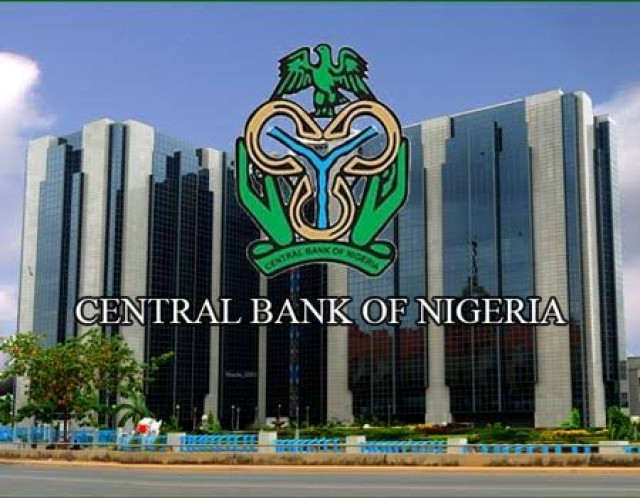Amidst the repeated failure to achieve the single-digit 6-9 percent inflation target, the Central Bank of Nigeria (CBN) has adopted an inflation-targeting policy.
Inflation targeting involves the CBN setting a specific inflation rate as its goal and working towards achieving it.
The CBN Governor, Yemi Cardoso, initially recommended a 21.4 percent inflation rate for the year to ensure price stability. Still, the current rate stands at 33.2 percent, according to the National Bureau of Statistics.
During the recent Monetary Policy Committee meeting, Cardoso suggested that increasing the MPR would help reduce inflationary pressure and improve the real policy rate, strengthening the anti-inflationary signal of the CBN as they transition to an inflation-targeting regime.
He also emphasized the need for effective coordination between monetary and fiscal policies to address structural factors necessary for investment and growth.
While some analysts acknowledge the CBN's efforts to stabilize the local currency and foreign exchange through inflation targeting, they also stress the importance of ensuring inclusive growth.
According to Damilare Asimiyu, a macroeconomic strategist at Afrinvest Consulting Limited, transitioning to an inflation-targeting model is commendable as it can guide long-term investment decisions and boost confidence among businesses and other stakeholders in the economy.
Asimiyu further commented that while there are benefits to inflation targeting models, the effectiveness of this approach may be hindered by the shortcomings of fiscal authorities.




















